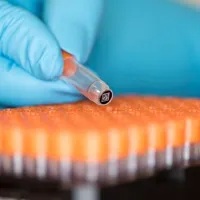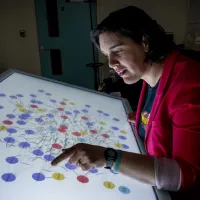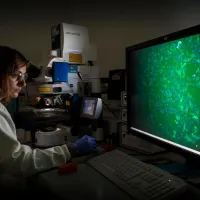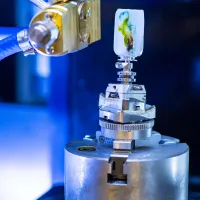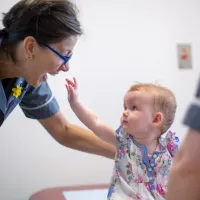Genetics of Inflammatory Bowel Disease
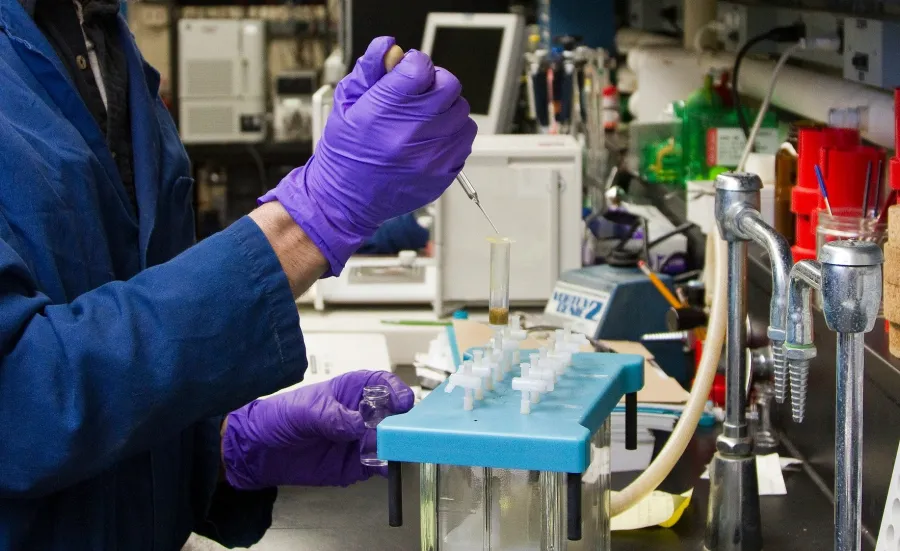
We aim to help people with inflammatory bowel disease using genetic research and clinical data analysis to personalise diagnoses and treatments.

We aim to help people with inflammatory bowel disease using genetic research and clinical data analysis to personalise diagnoses and treatments.

Our team is working to find out more about the causes of inflammatory bowel disease, aiming to personalise the diagnosis and management for people with IBD. The study began in 2010, and we now have over 2500 people taking part in, including children and adults with IBD, plus some parents and relatives. We are researching how changes in the genes and the immune system of people with IBD may lead to their disease. We aim to improve the diagnosis, treatment and long-term care for patients diagnosed with IBD.
Whilst we have a specific interest in genetics, we also work with clinical data to understand the way we can best treat and predict outcomes for individuals. We employ artificial intelligence, in safe and responsible ways, to analyse patient’s disease outcomes and best
The study was initiated by its Chief Investigator, Professor Sarah Ennis, in 2010 alongside Professor Mark Beattie who leads the Children’s Gastroenterology Service.
In early 2025, the study passed a major milestone in recruiting its 3,000th participant.

This study began with the aim of helping patients with IBD using genetics. Translation of this ambition into clinical practice has enabled identification of monogenic diagnoses and to change the course of disease in individuals

Optimising the care of patients with inflammatory bowel disease is a priority. Using genomics and contemporary bioinformatic techniques we have identified genetic predictors of outcomes
